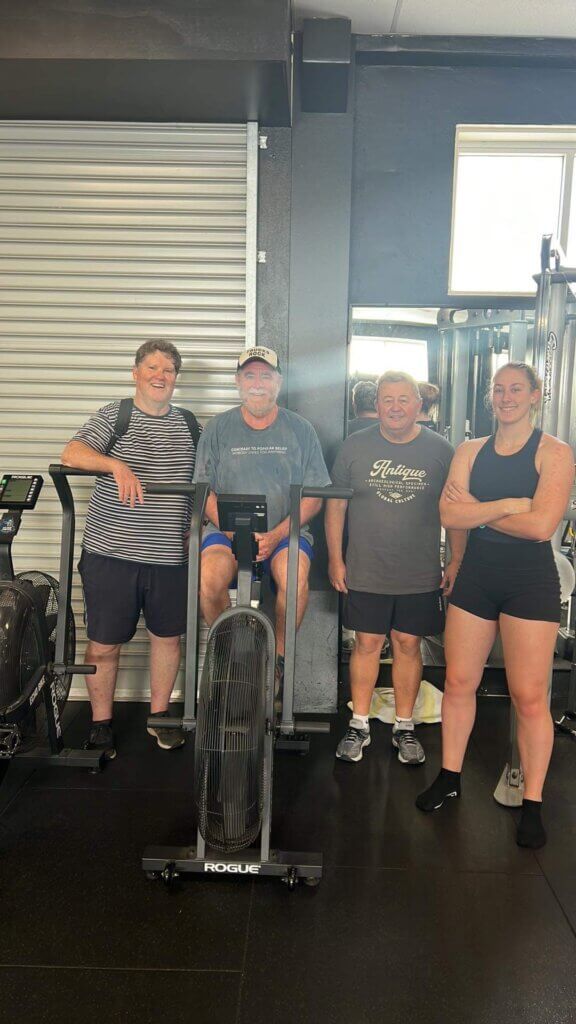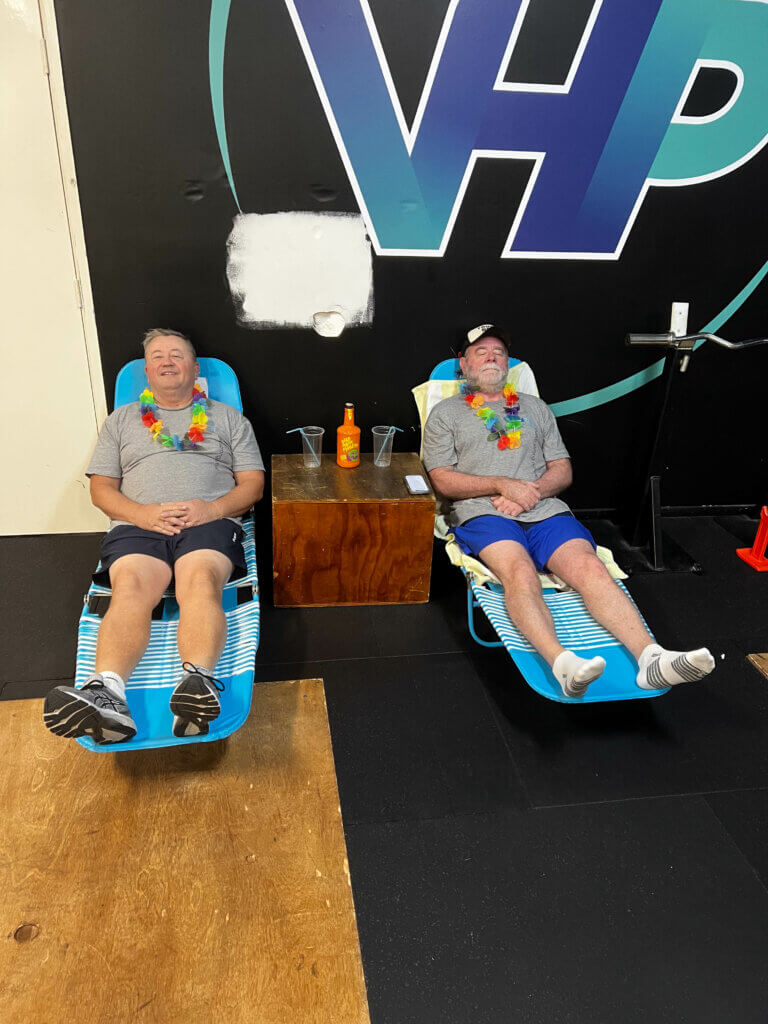The research articles I have read talk about different factors with ageing, including the increase of sedentary behaviours. I ask this question when I teach in school: “Who knows a person over 50 that is fitter and stronger than a person in their 20’s or 30’s?” Almost everyone knows a person. So, if that is the case, the blanket rule may not apply? Or is it that some younger people are not maximising their growth and development and improving their strength and fitness development enough, in that there are still people twice their age that are significantly fitter and stronger than them? Or, alternatively, is the ageing process more due to the increasing sedentary habits people maintain as we age and not challenging the body and mind to keep adapting?
After all, one of my favourite definitions of physical fitness is the ability to overcome physical challenges that are put before us.
Recently, an article that I read, talked about grip, strength, and muscle mass being closely linked to life expectancy, and life quality as we age. This raised an interesting question. If we just focus on muscle mass as we age, and working as hard as we can to maintain this, will this do enough to improve life quality and expectancy? And, as always in science, the answer would probably be, “it depends!”
It would most likely depend on factors such as illness or injury that is present, such as arthritis conditions, cardiovascular and respiratory conditions and metabolic conditions such as diabetes. With diabetes though, resistance training (weight training) is considered to be amongst the best treatments for type II diabetes due to the way that it assists blood glucose levels in the body to reduce.

1. To pick up a carton of drink from the floor once, this might be relatively easy for you to do. To do this and put it on a table would be referred to as normal physical activity. However, if you take the same weight load and were to pick this up and put it down 12 times, it may present a different challenge for you. Your muscles have to repeat the same contraction 12 times more than what you would normally do. This might be quite hard the first time you do it, so you might do it once. The next time you might say go and do that 12 times, then rest for 1 minute and then repeat it to further the adaptation to your muscles and grip. If you did that once a week for 4 weeks, you would most likely notice that in 4 weeks time, the carton of drink seems a lot lighter than 4 weeks ago and you can now easily pick it up 12 times and put it down, due to the adaptation of strength and strength endurance your muscles have undergone.
2. If you like going away camping or caravanning. You notice you are struggling more with the coupling attachments and getting down to the ground to attach the couplings/wiring harness to the car now. This used to be easy for you. You chat to your doctor about this. Your doctor suggests exercise. You go to a health professional who prescribes you 4 upper body and 4 lower body exercises that look nothing like doing a coupling up! You do these for 2 times a week for 2 weeks and the next time you do the coupling, it is easier to do it, noticeably. This is most likely neuromuscular adaptation (brain and muscle working together). It can be this quick to feel that difference.
3. You want to go on a holiday where there a lot of stairs to climb. You have 14 stairs at home. Your legs get sore if you go up and down your stairs more than 8 times a day. In this instance, improving lower body strength will most likely improve your ability to climb and descend stairs, making your body move more efficiently and with better economy (less heart rate cost for the effort undertaken). Coupled with this, you might be prescribed some aerobic exercise to prepare you for the uphill walking you will have to do in the holiday. Together, the increased muscle capacity especially will assist you in enjoying your time, rather than being worried about falling.

